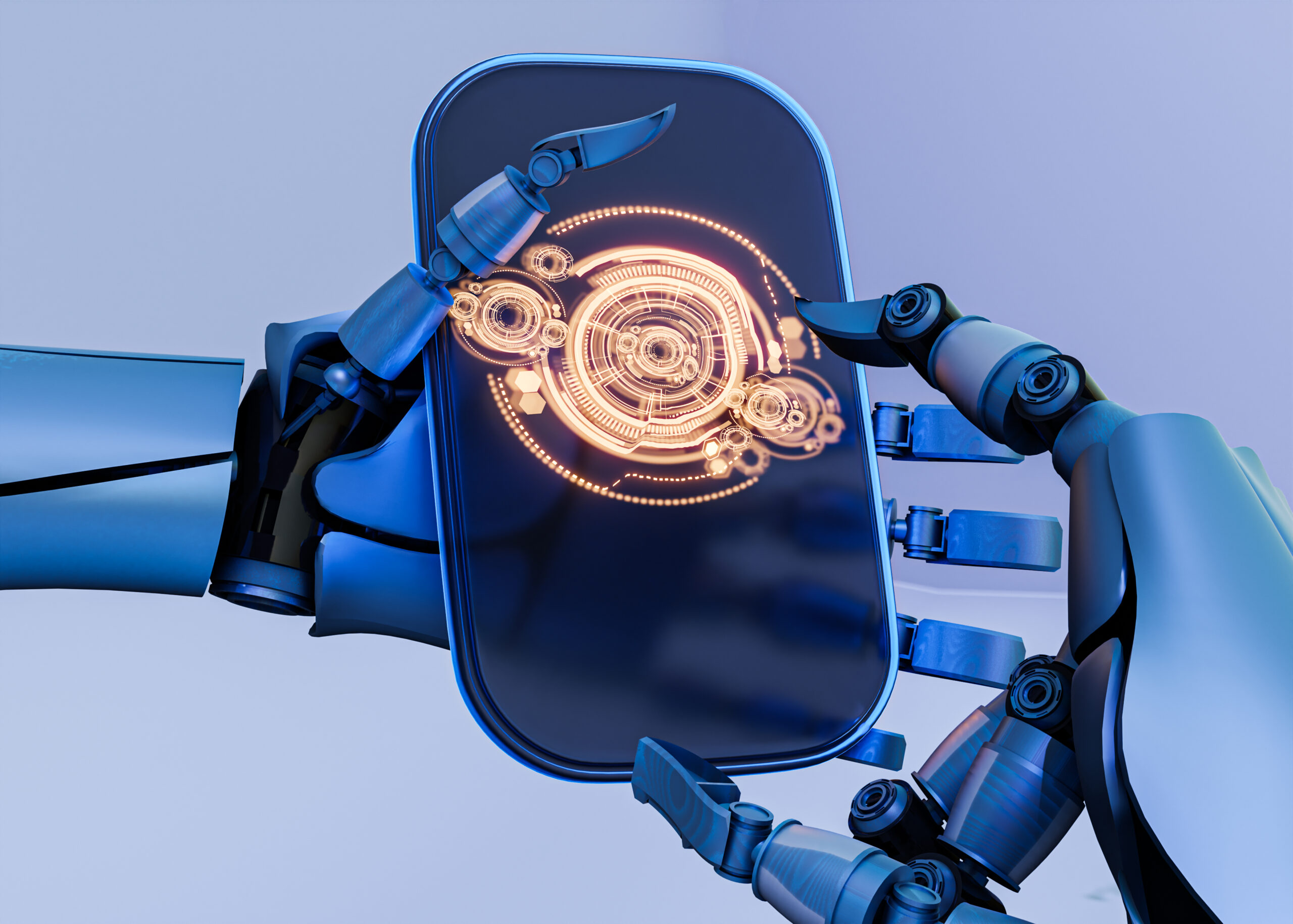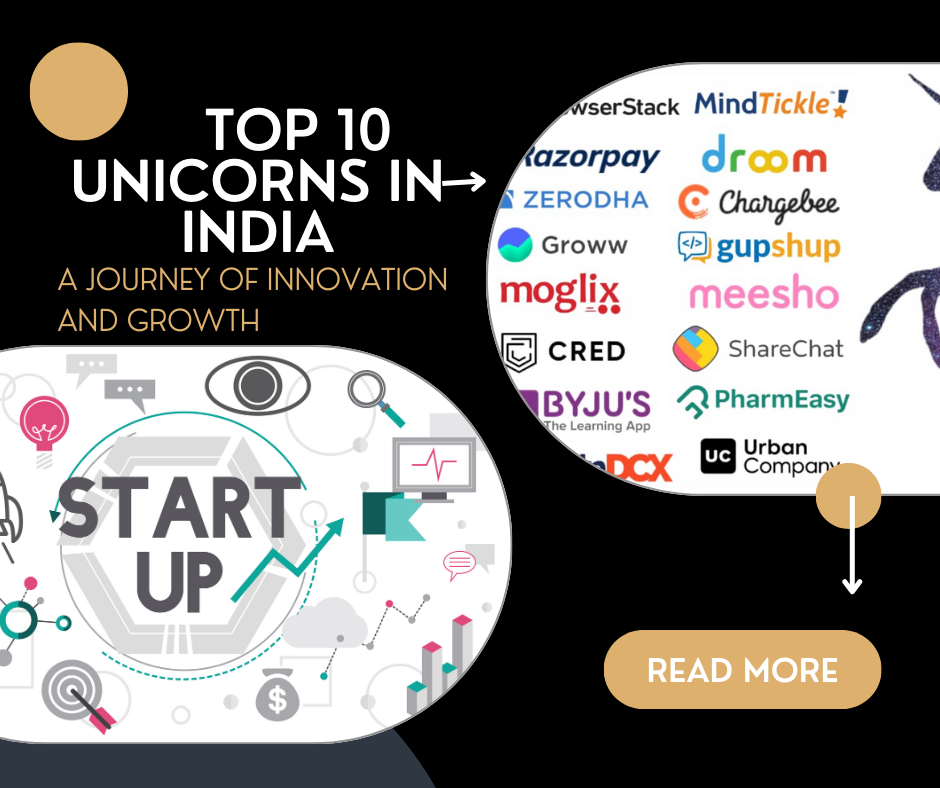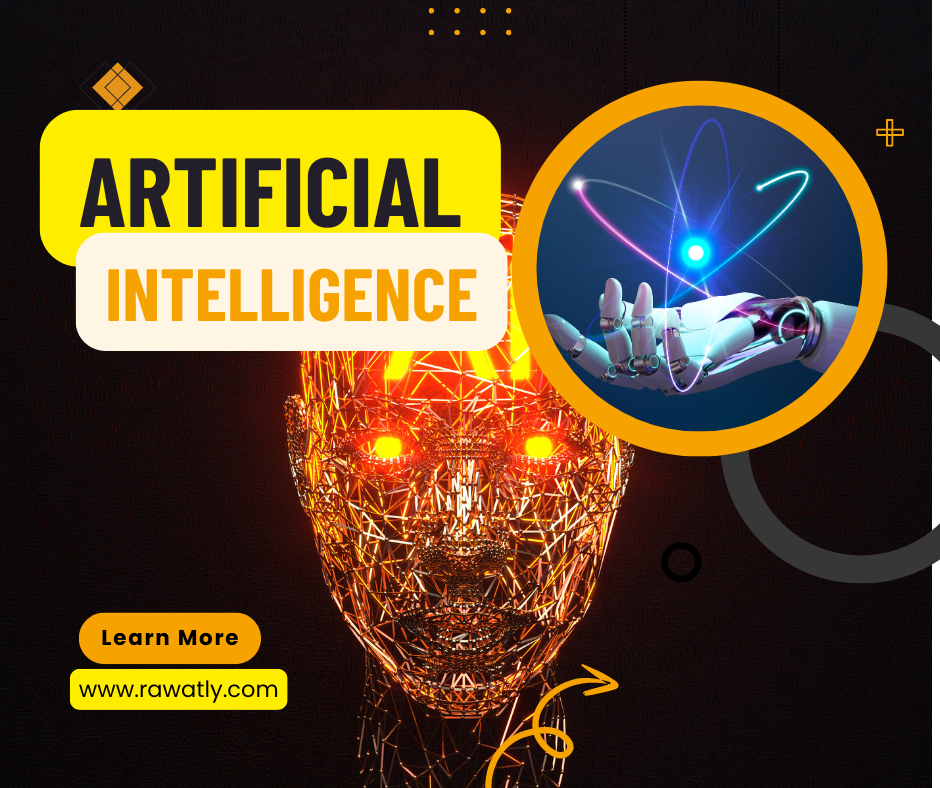
Artificial intelligence (AI) is rapidly advancing and becoming more integrated into our daily lives. As AI systems become more sophisticated and autonomous, it is crucial that we carefully consider the ethical implications of this technology. AI has the potential to bring great benefits to humanity, but it also raises a number of ethical concerns that must be addressed.
Transparency and Accountability
One of the key ethical issues with AI is the lack of transparency and accountability. Many AI systems, especially those using machine learning and neural networks, operate as “black boxes” – their inner workings and decision-making processes are not easily interpretable or explainable. This makes it difficult to understand how these systems arrive at their outputs and decisions.
This lack of transparency is problematic from an ethical standpoint, as it can lead to decisions and actions that are biased, discriminatory, or harmful, without a clear way to identify the root cause. There needs to be greater accountability for the development and deployment of AI systems, with clear lines of responsibility and the ability to audit and understand their decision-making.
OpenAI’s SearchGPT: What You Need to Know About the Challenge to Google Search
Bias and Discrimination
Related to the issue of transparency is the risk of bias and discrimination in AI systems. The data used to train AI models can often reflect societal biases, and these biases can then be baked into the AI’s outputs and decision-making. For example, facial recognition AI systems have been shown to be less accurate for women and people of color, perpetuating historical discrimination.
As AI becomes more embedded in high-stakes decision-making processes, such as hiring, lending, and criminal justice, the consequences of biased AI can be severe. There must be concerted efforts to identify and mitigate algorithmic bias through techniques like dataset auditing, AI model testing, and human oversight.
Privacy and Security
The collection and use of personal data is central to the development and deployment of many AI systems. However, this raises significant privacy concerns, as AI has the potential to enable unprecedented surveillance, profiling, and manipulation of individuals.
AI-powered facial recognition, behavioral tracking, and predictive analytics all pose risks to individual privacy. There need to be robust data governance frameworks, with clear rules and restrictions around the collection, storage, and use of personal data by AI systems.
Additionally, the security of AI systems themselves is a concern, as vulnerabilities or malicious attacks could lead to the compromise of sensitive data or the misuse of AI capabilities. Rigorous cybersecurity measures and threat modeling must be integrated into the design and deployment of AI.

Autonomous Decision-Making and Responsibility
As AI systems become more autonomous and capable of making independent decisions, the question of moral and legal responsibility becomes increasingly complex. When an AI system causes harm, who is accountable – the AI developer, the user, or the system itself?
This challenge is particularly acute in the context of AI-powered decision-making in areas like healthcare, finance, and criminal justice, where the stakes are high. There need to be clear frameworks for assigning responsibility and liability, as well as mechanisms for human oversight and the ability to contest or appeal AI-driven decisions.
AI Existential Risk
While not an immediate concern, the long-term development of artificial general intelligence (AGI) – AI systems that can match or exceed human capabilities across a wide range of tasks – raises the specter of existential risk. If AGI systems become super intelligent and misaligned with human values and interests, they could pose an existential threat to humanity.
This is a complex and contentious issue, but it highlights the importance of proactive research and development into AI safety and alignment, ensuring that advanced AI systems are designed to be beneficial and controllable.
Ethical Frameworks for AI
To address these ethical challenges, there is a growing movement to develop ethical frameworks and principles to guide the development and deployment of AI. Some key elements of these frameworks include:
• Transparency and accountability: AI systems should be designed to be interpretable and explainable, with clear lines of responsibility.
• Fairness and non-discrimination: AI must be designed to avoid perpetuating biases and discriminating against individuals or groups.
• Privacy and security: Rigorous data governance and cybersecurity measures must be in place to protect personal data and the integrity of AI systems.
• Human oversight and contestability: There should be mechanisms for human review and the ability to appeal decisions made by AI systems.
• Alignment with human values: AI development should prioritize the creation of systems that are beneficial to humanity and aligned with our ethical principles.
YouTube’s New AI Content Removal Powers: A Double-Edged Sword
Many organizations, governments, and industry groups have proposed their own ethical frameworks for AI, such as the OECD Principles on Artificial Intelligence, the IEEE Global Initiative on Ethics of Autonomous and Intelligent Systems, and the EU’s proposed AI Act.
The rapid advancement of artificial intelligence presents both exciting opportunities and significant ethical challenges. As AI becomes more integrated into our lives, it is crucial that we proactively address issues of transparency, bias, privacy, security, and responsibility. By developing and implementing robust ethical frameworks, we can harness the power of AI to improve our lives while mitigating the risks and ensuring that this technology remains aligned with human values and the greater good.






























